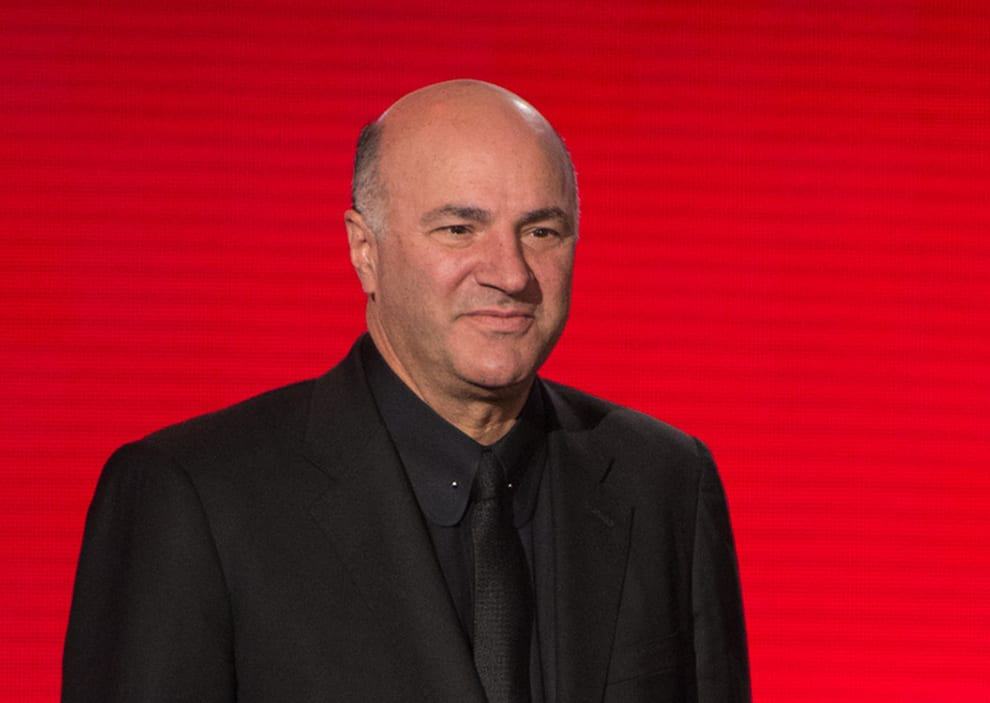Pick your Torie

author: nick giokas | contributor

Credit: Disney ABC via Flickr
Overall, the CPC is an incredibly young party and while Harper had done much to shape the identity of Canadian conservatism, this leadership election will likely decide where it goes in the future: populist right, far right, centre right, or libertarian-esque.
With the absolute political gong show taking place south of the border, it would be hard to blame people for not paying attention to an important political process up here: the Conservative Party of Canada’s leadership election. While at first glance the race may appear similar to the Republican’s leadership race from a while back (immigration taking center stage while a TV personality attempts to take advantage of a crowded field of candidates), it would be wise to not draw direct comparisons. So, let’s take a look at the four front-runners and where the Tories stand.
Many have tried to paint Kevin O’Leary as the “Canadian Trump,” pointing out that he, too, is a wealthy TV personality with no history in electoral politics, but beyond that the similarities end. While O’Leary is a populist, he’s in the unique position that while Canadian Conservatives seem to also want someone who “tells it like it is;” the “telling it like it is” portion of Mr. O’Leary’s rhetoric is based entirely on jobs, LGBT acceptance, and ending deficit spending. It’s the second point that, strangely, gets almost no media attention. In every debate and major speaking event during his campaign, O’Leary has railed against the social conservative wing of the party, stating that their views on LGBT rights aren’t only wrong, they’re electoral suicide. See, while O’Leary is a candidate of many flaws, his rhetorical bombast while having no outright policy platform being the major one, we ought not fall into the trap of trying to paint him as something he’s absolutely not: a bigot.
Which is exactly the pitfall of Kelly Leitch who can safely be called the “Canadian Trump.” She rails against elites (despite having been an MP for a considerable amount of time and holding a Doctorate), plays up xenophobia, and at the end of the day, doesn’t have a single well-explained policy point. Her claim to fame is the “Canadian Values Test” for immigrants, which is a complete and utter mess. She can’t explain what her proposed values would be and has been utterly unable to justify the massive costs such a program would entail (hint: people can lie about their values). Overall, if you were to cut out the fallacious logic in her proposed policies, you’d have terribly toxic confetti that would hemorrhage votes come the next election with her as leader.
The man who’s probably the antithesis of toxic, and regularly third to fifth in the polls, is Andrew Scheer. The Saskatchewan native is the former Conservative Speaker of the House, and therefore doesn’t have much in the way of political baggage. He’s slightly more socially conservative than some of the other candidates, but doesn’t bring that to the forefront very often, as it doesn’t exactly poll well. He’s truly the Saskatchewan Harper. Not oozing charisma or well-practiced media training, he sticks to dad jokes and talking points. The risk with Scheer would be that he’d face the same issues as Harper did going up against Trudeau – having to rely on the NDP eating up the left wing of the Liberals and bringing out the consistent Tory voters. While he’d certainly bring out the usual Tory voters, he may struggle to expand the party.
Someone who would expand the party is one Maxime Bernier. The Quebecois libertarian has stuck to four main messages: freedom, fairness, respect, and responsibility. He’s vowed to end supply management, strike down internal barriers to trade, and cut taxes so that low-income Canadians pay no income tax. Overall, his policy platform is well constructed, is backed up by numerous studies, and would appeal to a much wider variety of Canadian voters. It makes sense, then, why he’s been pegged as the frontrunner going into the month of April. But, while he would appeal to a much wider variety of Canadians, it is less clear whether or not the Tories would underperform with some of their base (namely farmers and rural voters).
However, when it comes to facing Justin Trudeau’s Liberals, the Tories may need to have to try a new conservative vision for Canadian politics that emphasizes liberty rather than sticking to the Harper playbook.
Overall, the CPC is an incredibly young party, and while Harper had done much to shape the identity of Canadian conservatism, this leadership election will likely decide where it goes in the future: populist right, far right, centre right, or libertarian-esque.









